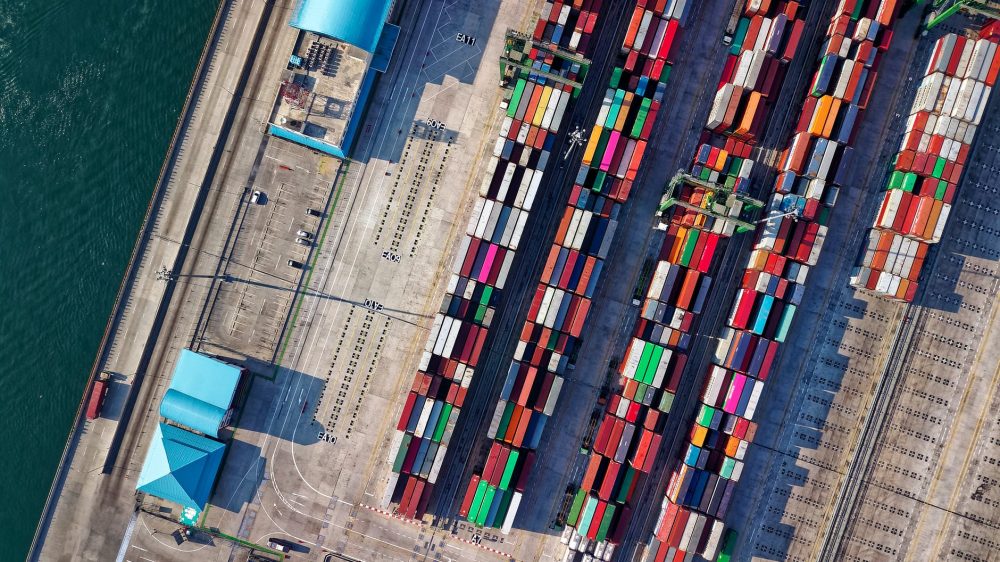The pandemic has led to significant changes in various sectors, including logistics, prompting many companies to adopt more sustainable and responsible solutions. Technology is playing an increasingly important role in ensuring uninterrupted supply chains, even in challenging conditions. Future logistics solutions help reduce costs, but at the same time create new solutions – a lack of appropriate specialists.
Logistics – where technology enters rapidly
According to experts, logistics is one of the industries where technology has entered the most and fastest in recent years. Artificial intelligence, which makes it possible to analyze consumer habits, plan exact delivery volumes and make data-based decisions, has become the “new normal”.
Digital, data-driven and sustainable logistics
Supply chains are a complex process that depends on a number of external and internal factors. In addition, due to the pandemic, few now question the impact of smart logistics on the company’s development. Former beliefs that supply chains are linear flows of goods and services are being replaced by a vision of logistics as a highly integrated system network. Therefore, supply chain and logistics managers need to re-evaluate their roles to ensure a digital, data-driven and sustainable future.
Technological change is happening at an unprecedented rate and scale
However, expert research shows that only 4% of supply chain and logistics managers believe that they are ready for the future. Many supply chain and logistics managers do not have a clear vision for future change and face significant resource, technology and funding constraints. Although 81% agree that technological change is happening at an unprecedented rate and scale, it is constrained by outdated legacy systems as well as the educational aspect of the logistics sector. However, with the right solutions, it is possible to overcome these challenges and build customer-oriented supply chains that are more resilient to external shocks.
Optimal balance between people and technology
To achieve improvement, think big – supply chains play a crucial role in meeting the ever-changing needs of customers, and companies need a comprehensive strategy with the customer at the center. Many leaders point out that the challenges they face are rooted in a lack of strategy. It is important to remember that automation has an important role to play in these strategies, in addition, to promote the development of knowledge and skills in logistics. Most supply chains use automation and artificial intelligence (AI) to reduce manual tasks in areas such as demand planning, logistics, and after-sales services. Investing in automation should also enhance the skills and competencies of employees to work with AI and integrated solutions, achieving an optimal balance between people and technology in the supply chain.
Entrepreneurs in the industry are optimistic
The pandemic has acted as a catalyst for supply chains, rapidly increasing the burden they had to withstand. Out of the crisis, this experience will provide an opportunity to find new business directions and digital solutions. Various studies show that entrepreneurs in the sector are optimistic and ready for change – 34% plan to be ready for the “new normal” and AI entry into logistics by 2023. Creating flexible, responsible and unbreakable supply chains will allow companies to operate consistently and provide high quality services.
Author: Roland Peterson, logistics expert
Image: www.pexels.com



